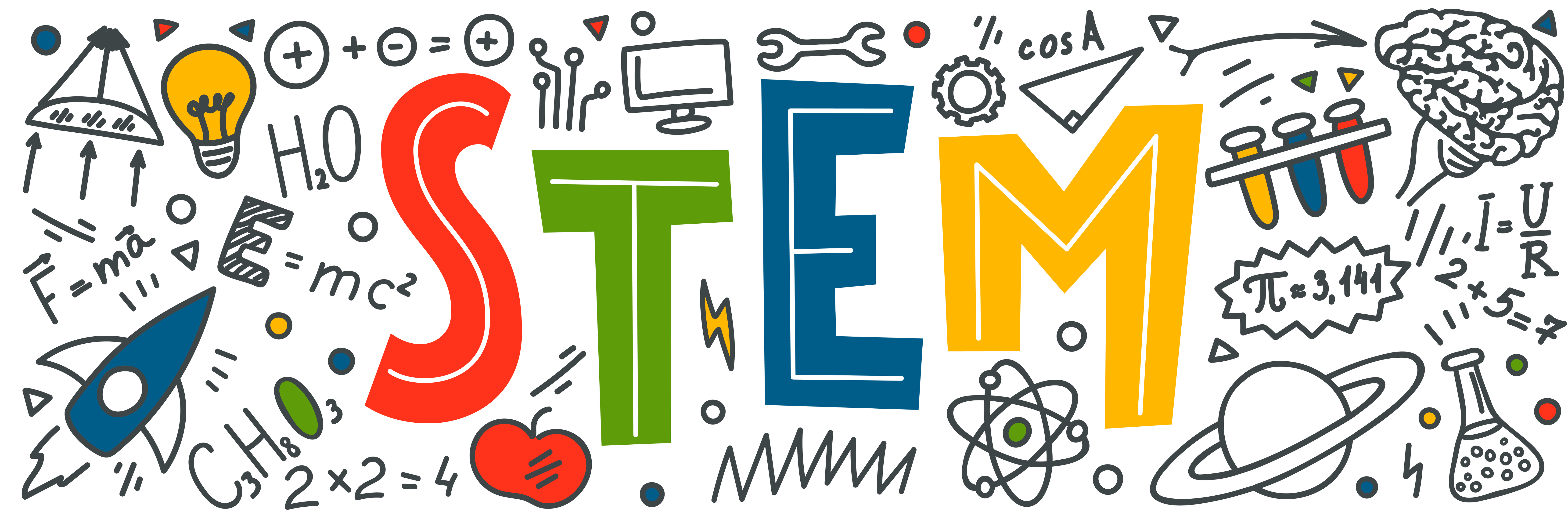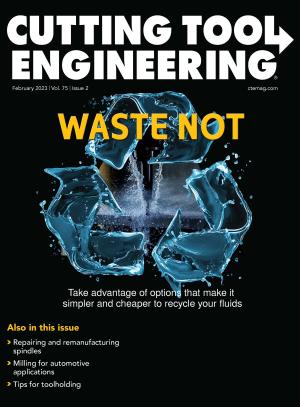If you ask someone if he or she is a math or science person, you quickly may hear yes or no. It turns out that how people answer that question in ninth grade and even earlier can tell you not only what subjects they prefer in school but how likely they are to go on to study STEM subjects in college and work in those fields as adults. Results of a study from University of Kansas suggest the importance of fostering positive attitudes toward math and science early in students’ lives to address gender and socioeconomic gaps in science, technology, engineering and math.
Researchers analyzed a nationwide data set that asked students if they considered themselves a math and/or science person in ninth grade in 2009. The survey followed up with those students in 11th grade to ask the same question. Three years after graduation, the survey checked who had enrolled in STEM majors and whether students intended to have a related career when they turned 30. Results supported the importance of student attitudes on academic outcomes and suggested that efforts should focus more on cultivating positive attitudes earlier for students — before college, where most of such efforts happen currently.

University of Kansas’ Rafael Quintana, assistant professor of educational psychology, and Argun Saatcioglu, professor of educational policy and sociology, analyzed data from the High School Longitudinal Study of 2009. The data set included responses from more than 21,000 students at about 940 schools across the United States.
Results showed that the odds of enrolling in a STEM major were 1.78 times larger for students with a science identity in ninth grade and 1.66 times larger for those with a math identity than those who did not identify with the subjects. The odds of expecting a career in STEM were 1.69 times larger and 1.6 times larger for those with high science and math identities, respectively.
Researchers said those numbers illustrate how having early positive experiences with math and science can be influential in higher education and later in life.
“What do we mean when we say education has long-lasting effects?” Quintana said. “That’s something we want to think about longitudinally. Those early experiences get ‘under the skin’ as they are related to later outcomes independently of how these attitudes developed later. What this suggests is 1) the importance of identity beliefs for career-related decisions and 2) that early experiences can have long-lasting, potentially irreversible effects.”
The data also showed that when controlling for all other variables, the odds of expecting a career in a STEM field were about 50% lower for women than men and that there was a significant interaction between science identity in school and gender when predicting STEM occupation. In other words, it was more consequential for boys to identify with science in ninth grade as they were more likely to go on to a career in the sciences. Research has long noted a gender gap and socioeconomic inequalities in STEM, but most efforts have focused on how to address this among college students. He said the study implies that it is important to take measures to address math and science inequities earlier in life as well.
— University of Kansas

